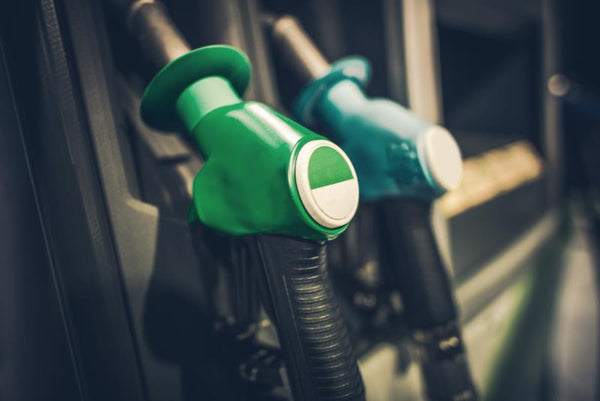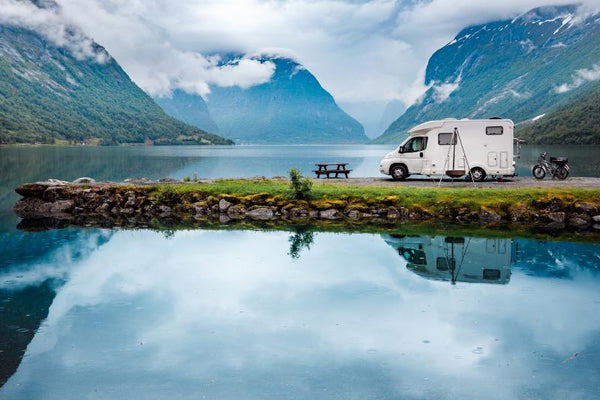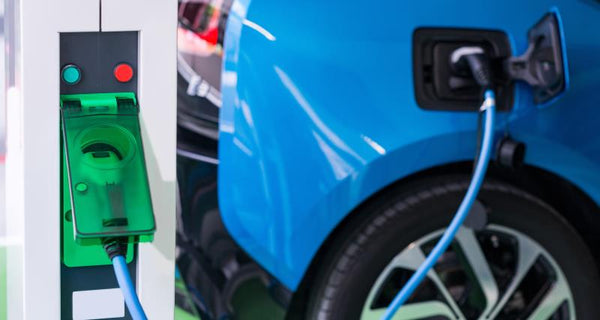
The planet Earth now has over 7.5 billion human inhabitants, and many of these individuals use gasoline-powered vehicles to get around. Unfortunately, this is very detrimental to the environment.
All you have to do is go to any major city and look at the smog that is being produced. You'll soon know why so many people are concerned. Of course, the dominant question is this: What can I do? Well, actually a lot of things.
Fortunately, one of the biggest trend in the automotive sector is environmentally-friendly transportation. This includes new technologies such as electric vehicles, which are already very popular, to solar-powered cars, recycled and sustainable parts, and even new fuels such as hydrogen and self-driving cars to make the roads safer.
But until these technologies are more readily-available, you can work on ways to make the vehicle you already own more environmentally friendly and keep your carbon footprint as small as possible. Bear these considerations in mind.
Truck

Both those large diesel trucks and regular pickup trucks can cause a strain on the environment. However, the good news is that there are some steps you can take to make both of these more amenable to our world.
One of the easiest and most effective ways to do this would be to watch your speed. This is a good environmental strategy with all types of trucks simply because reduced speed equals less strain on the engine. This, in turn, keeps your fuel economy higher and lessens the fuel by-products you put out.
Moreover, keeping on top of your maintenance will also keep your emissions low; making sure you're using newer more modern parts, which are usually more efficient.
RV

Before you buy an RV, the first thing you need to investigate is the gas mileage of the ones you are considering. Your RV's gas mileage depends on what class it is. Larger RVs will usually only get between 8 to 13 mpg while the smallest ones will get as high as 18.
Of course, the smaller the RV, the more cramped and uncomfortable you may find it. The good news is that even with a large RV there are steps you can take to reduce your carbon footprint.
Using energy-efficient light bulbs, staying at marked campsites in order to avoid damaging natural habitats and not using disposable plates and cups are all good ways to lessen your impact on the environment while you are traveling.
Cars

There are also steps you can take to lower the emissions from a regular car. One of the main ways you can do this with your car, in addition to driving slower, is to make sure your tires are of the low-rolling-resistance type. These are easier on the engine, lower on gas mileage and better for the environment.
When it comes to vehicles, there is a general rule of thumb for being considerate to the planet. Anything that lowers your gas mileage is good for the environment. And your checkbook.
Bicycle

Many of us live close enough to work, or the gym, or the grocery store that we don't need to hop in the car just to drive down the street.
Instead, grab a bicycle! Not only is this infinitely better for the environment, it's healthier and lets you get in some fresh air and cardio at the same time!
Keeping all of these tips in mind will make you a better steward of our natural resources and help ensure that your children and grandchildren can enjoy this world as well.
15% of all profits from Lemur Bags goes straight to organizations supporting lemur conservation projects in Madagascar. Shop our travel bags here!